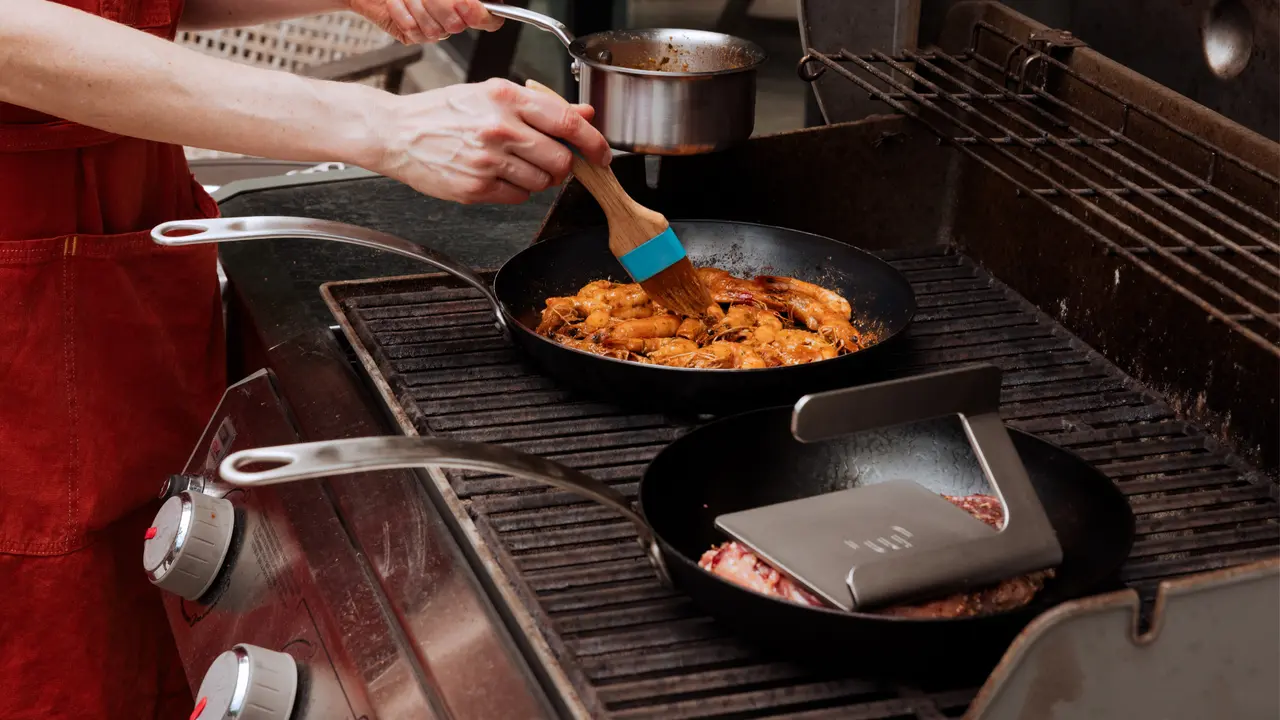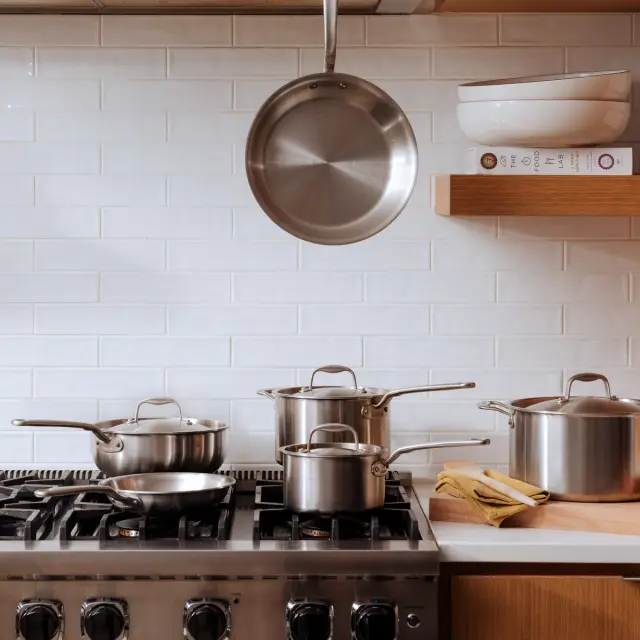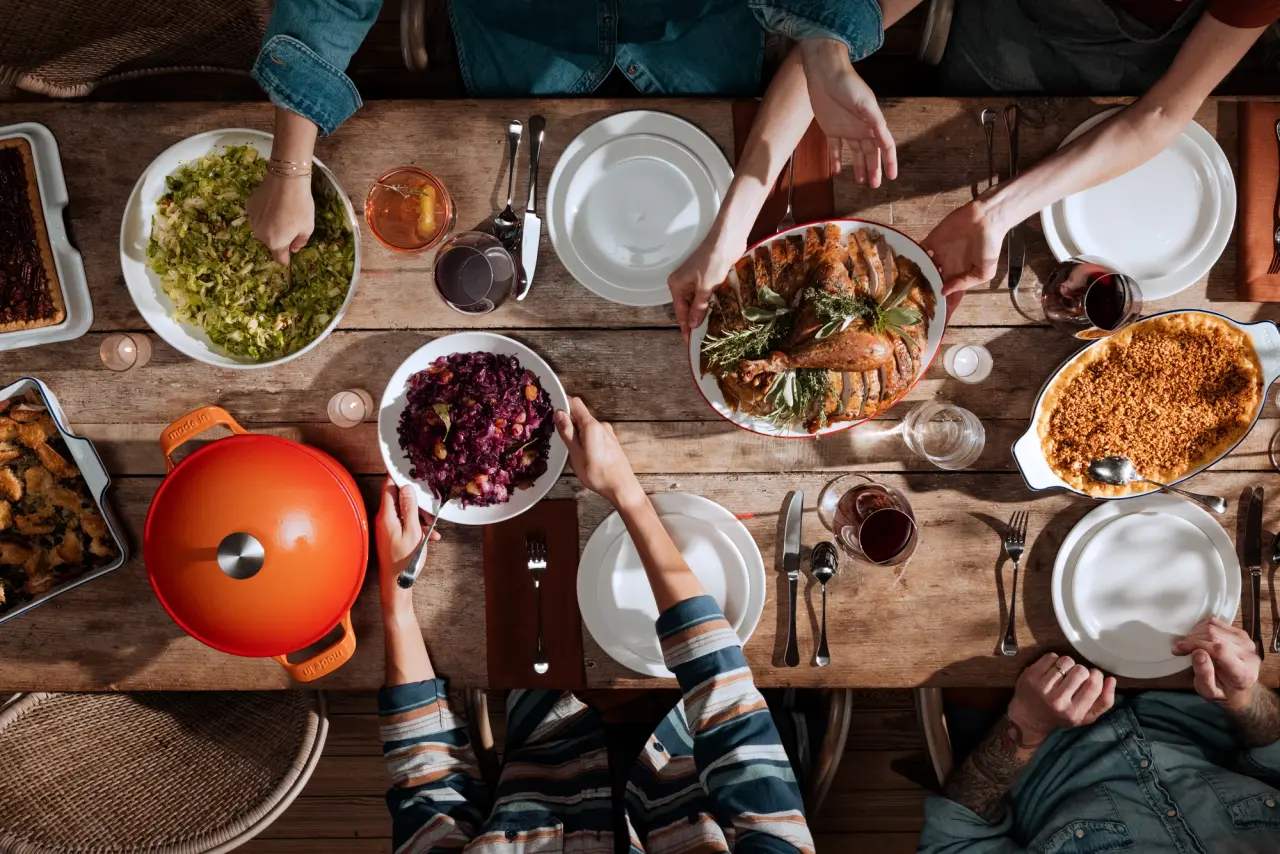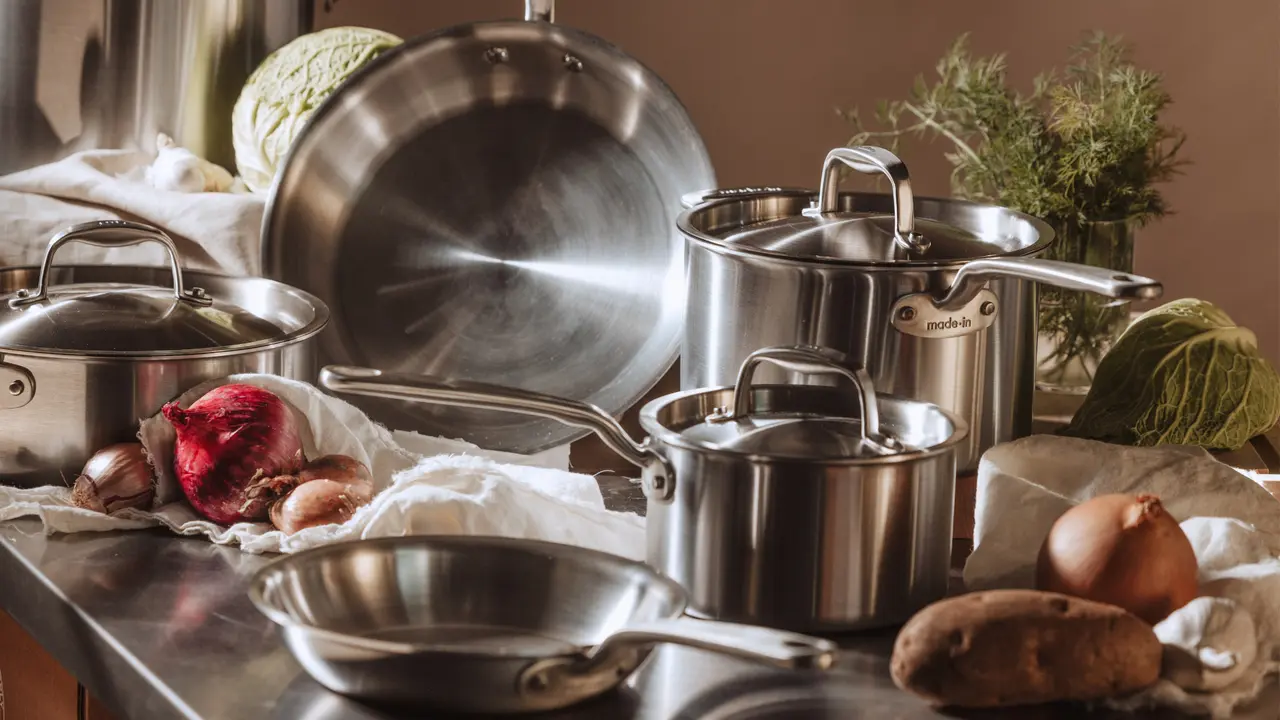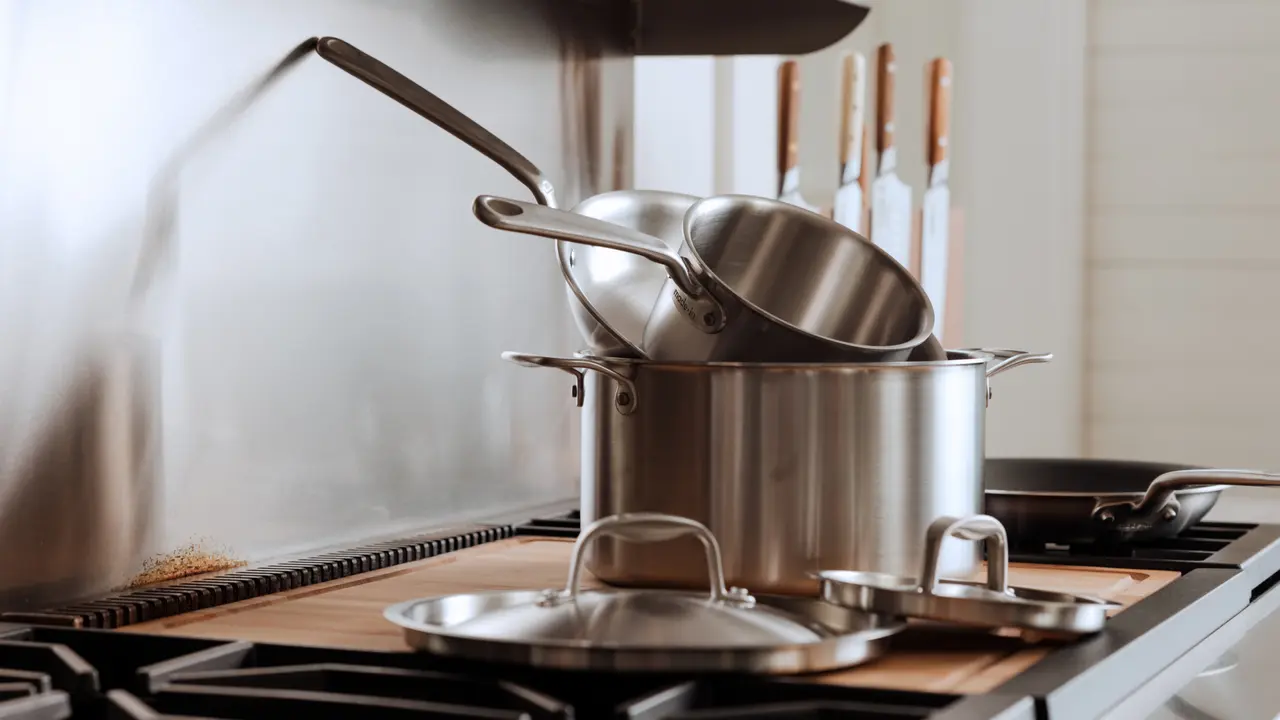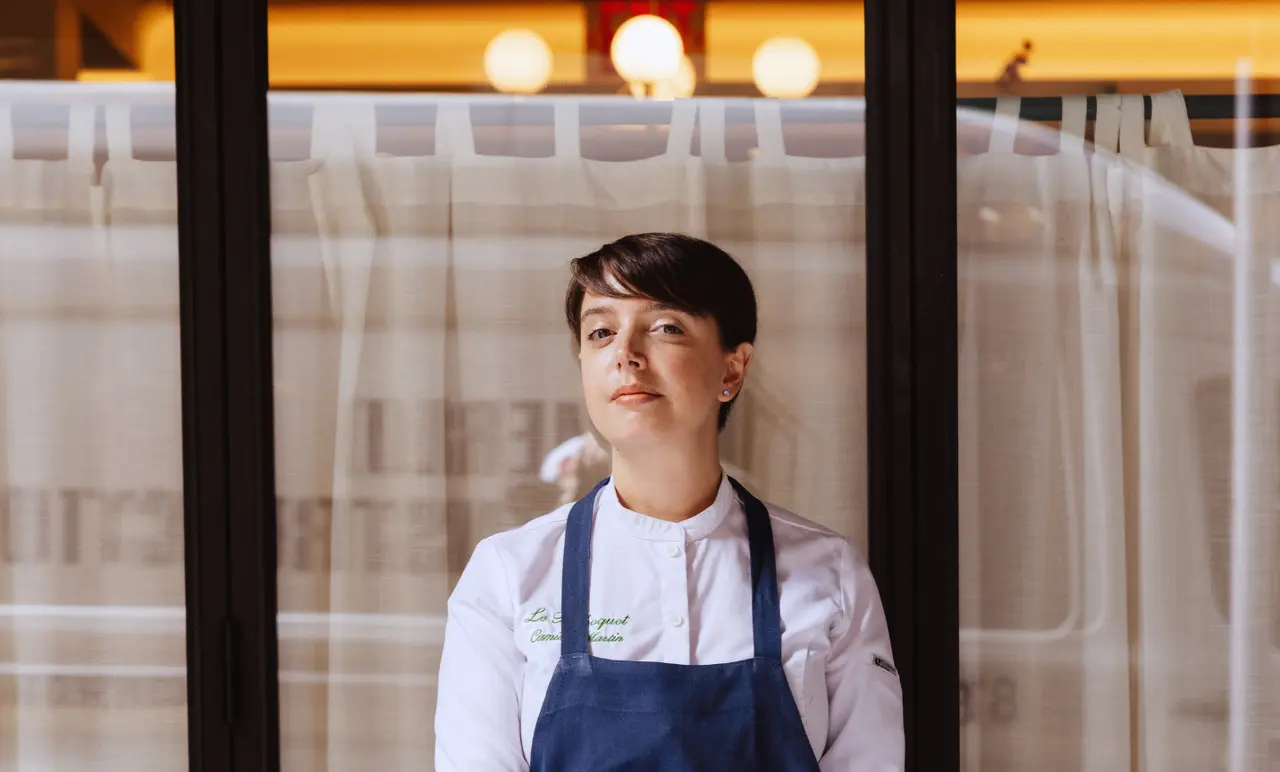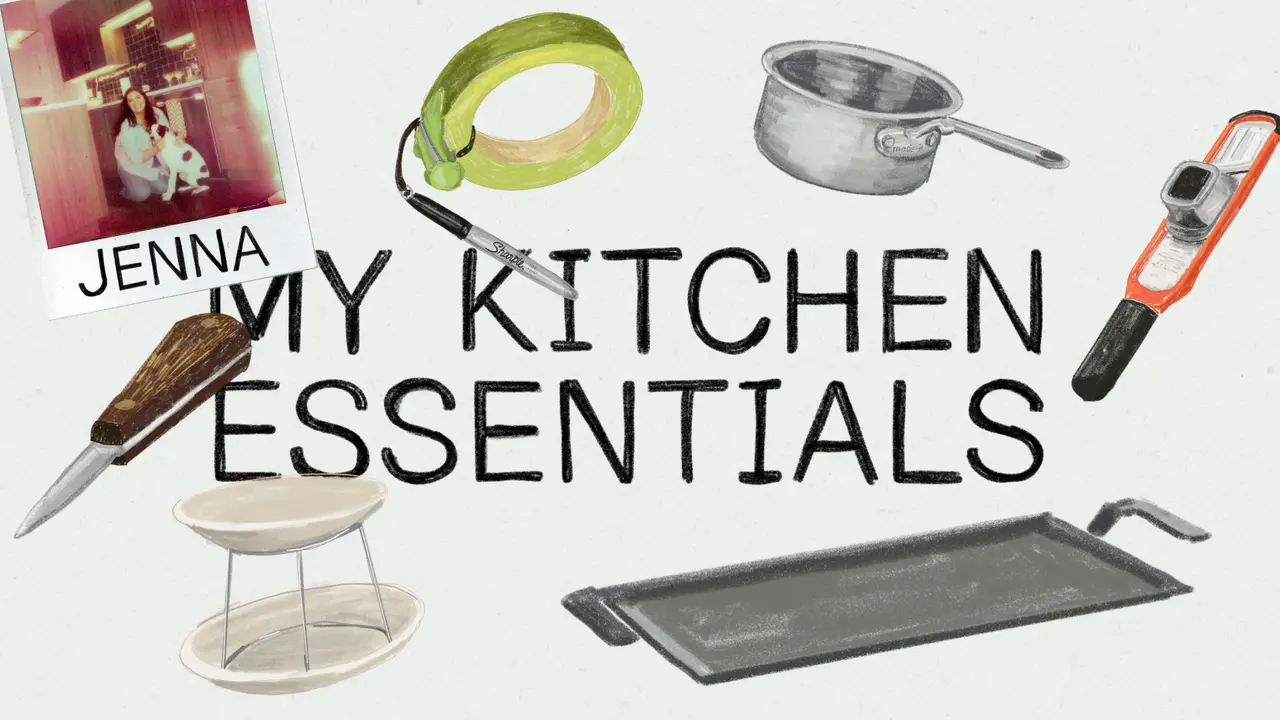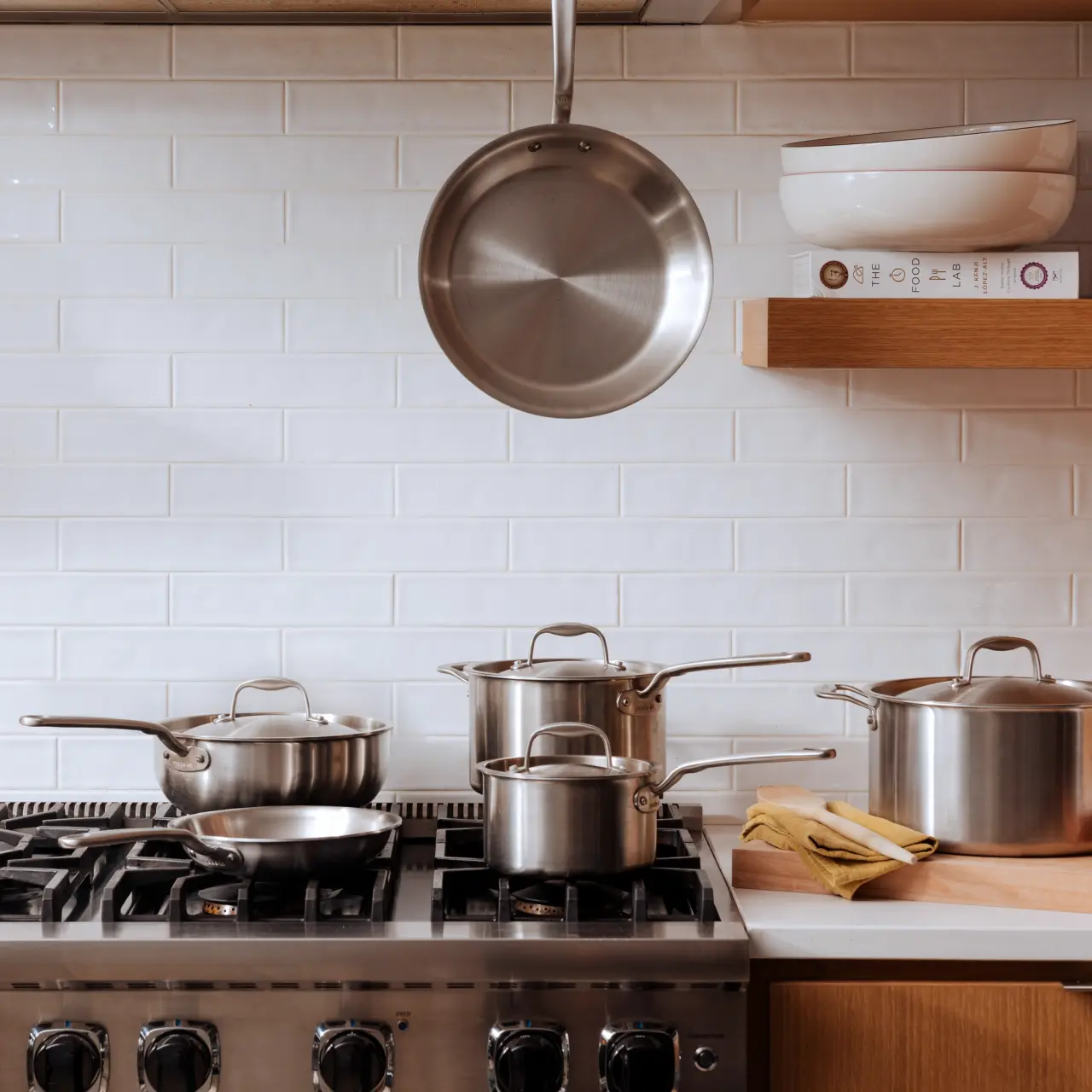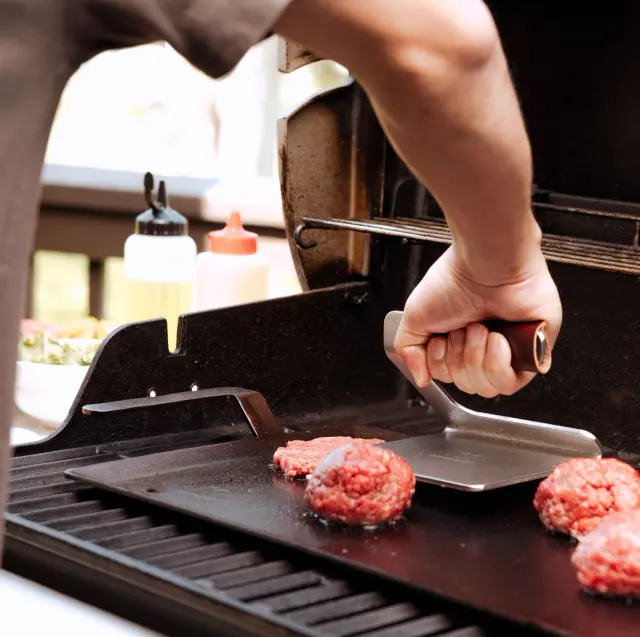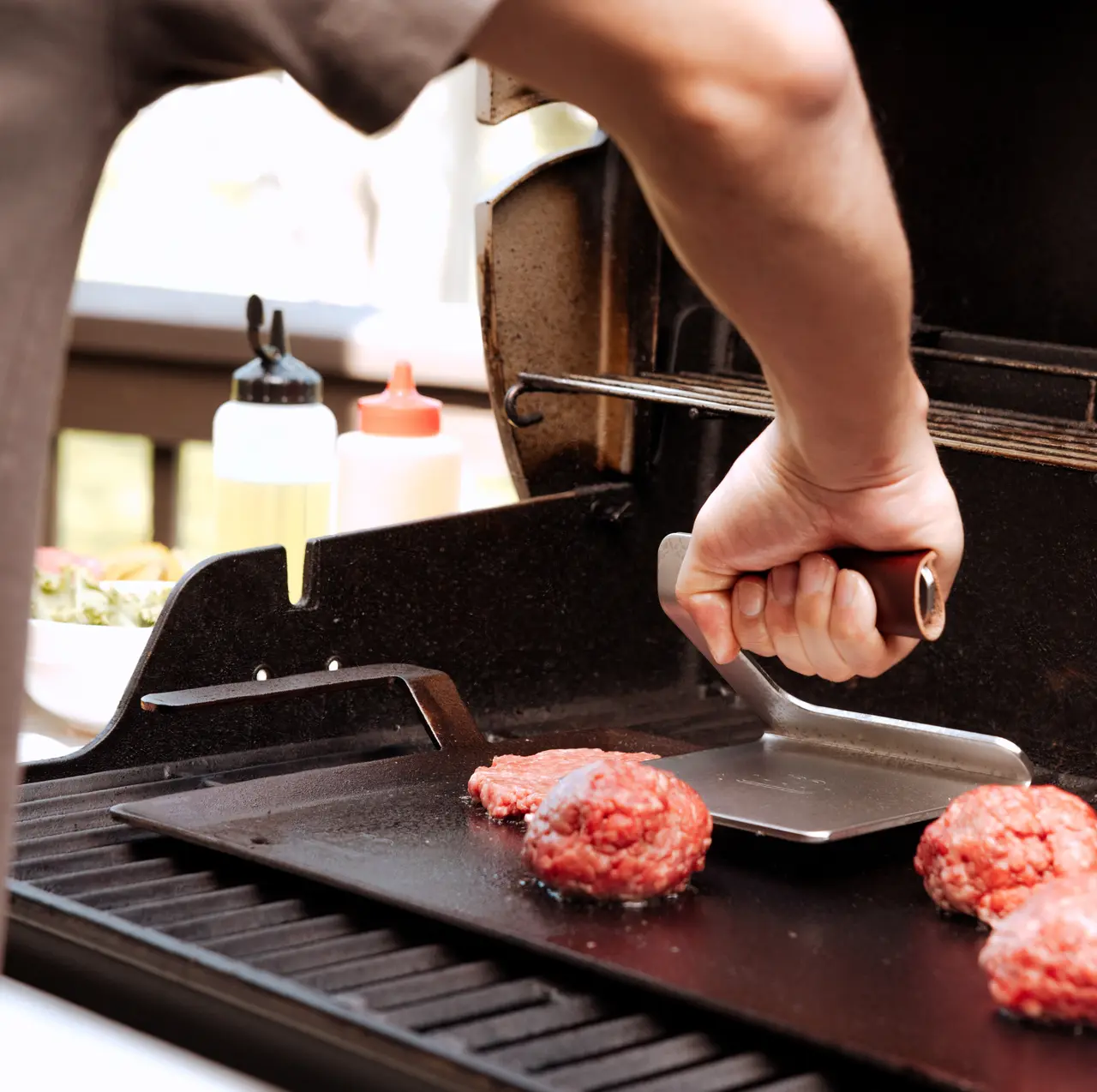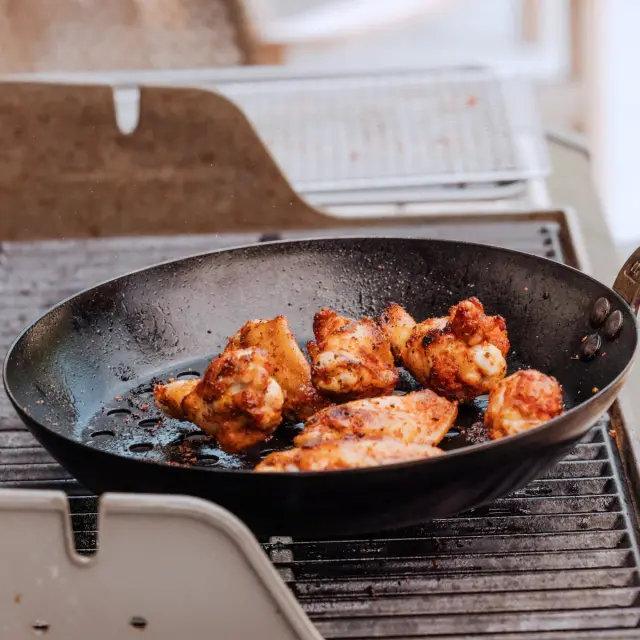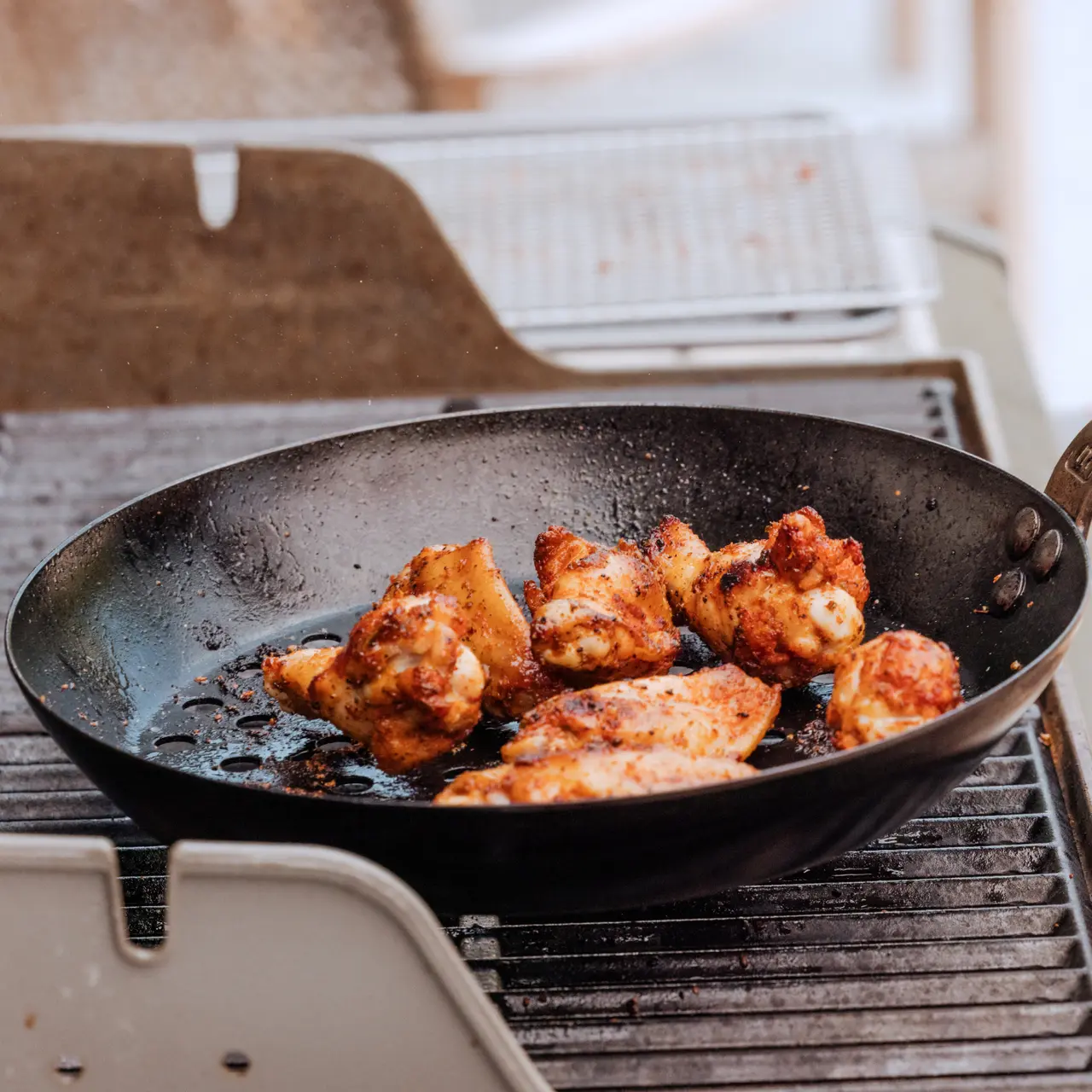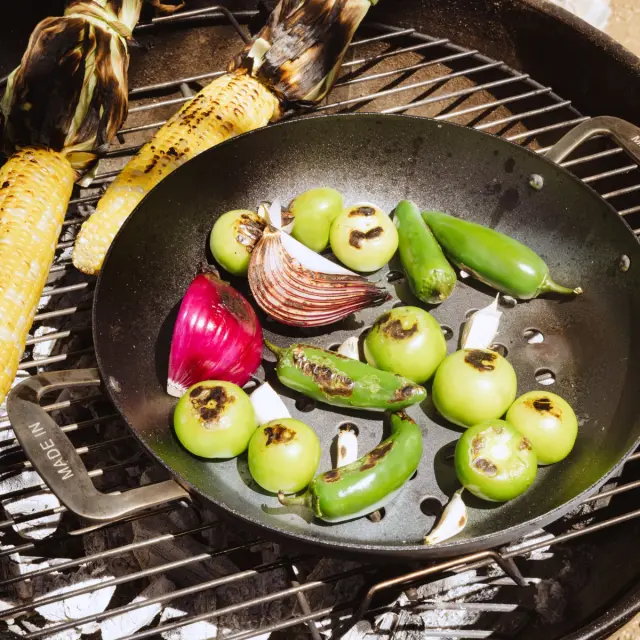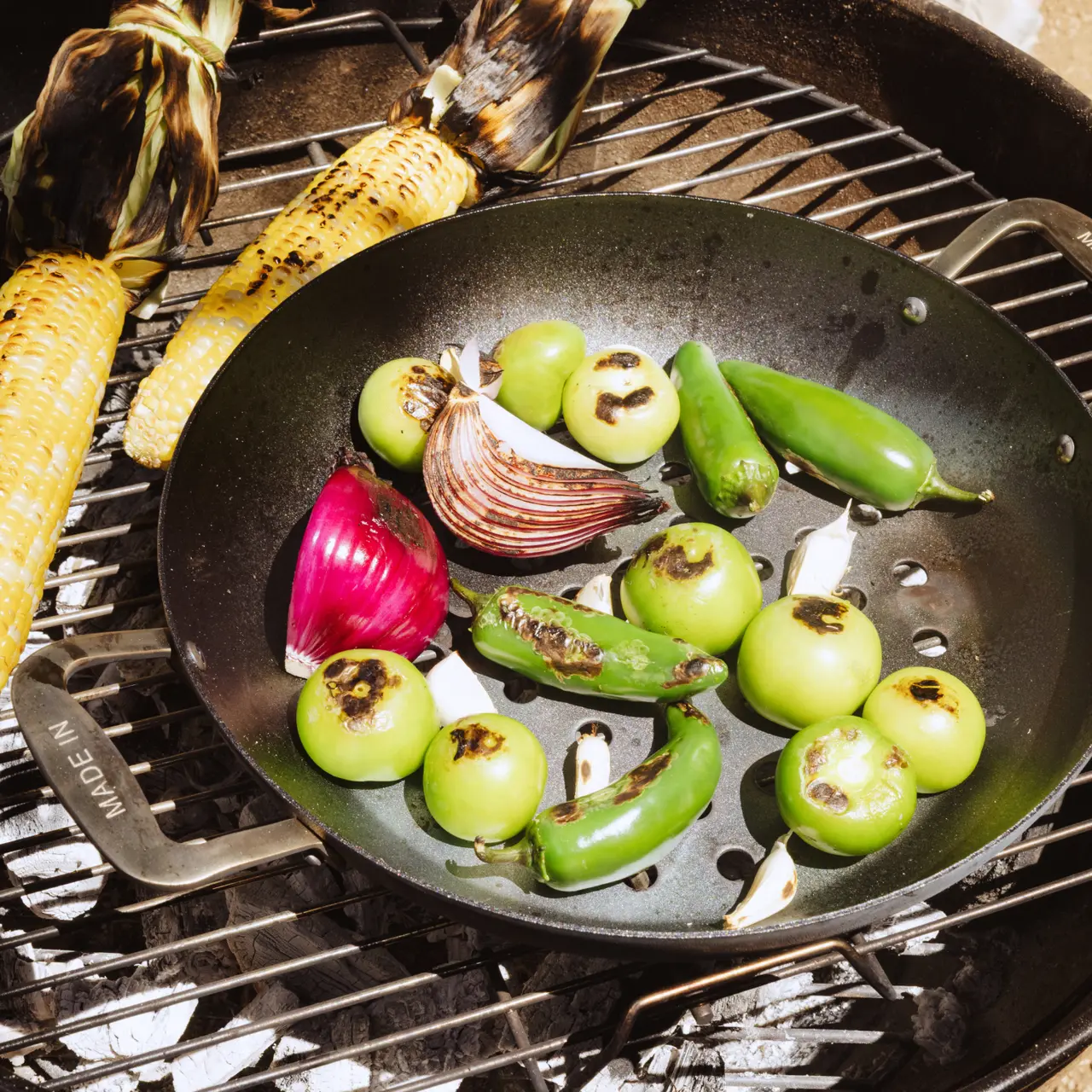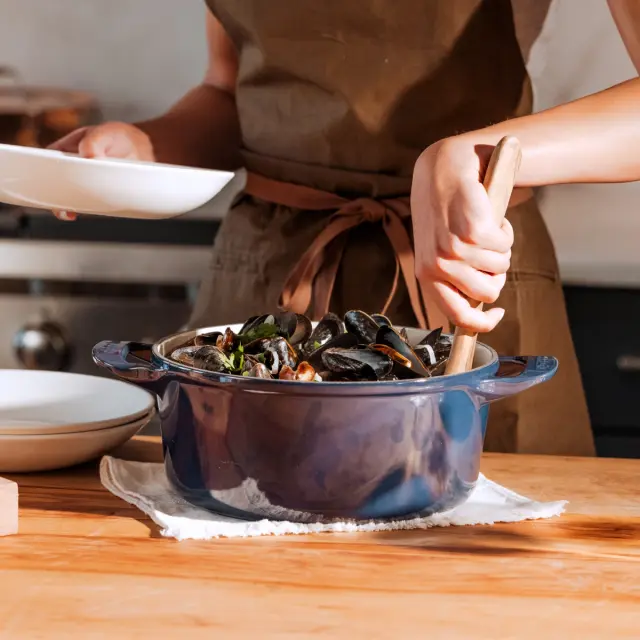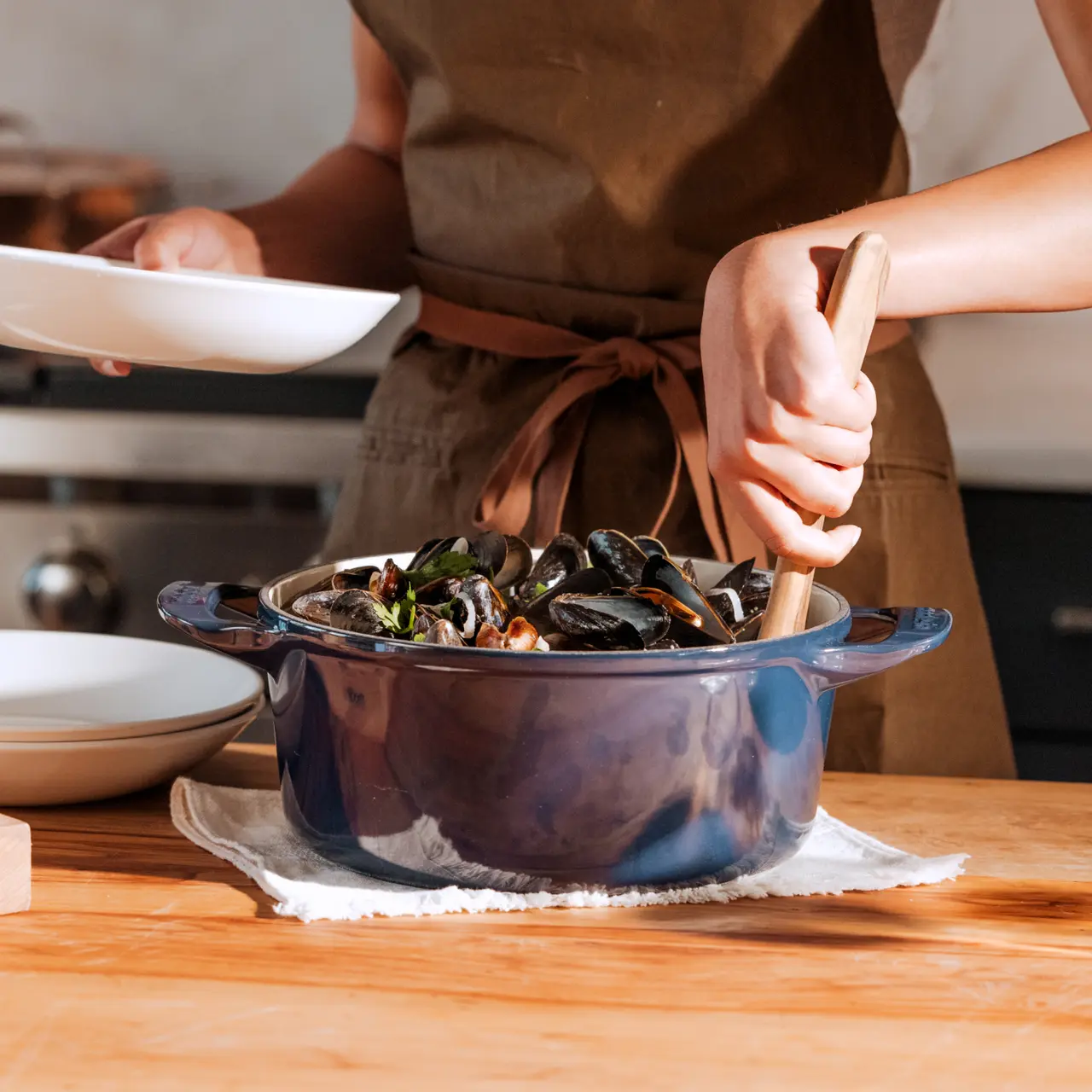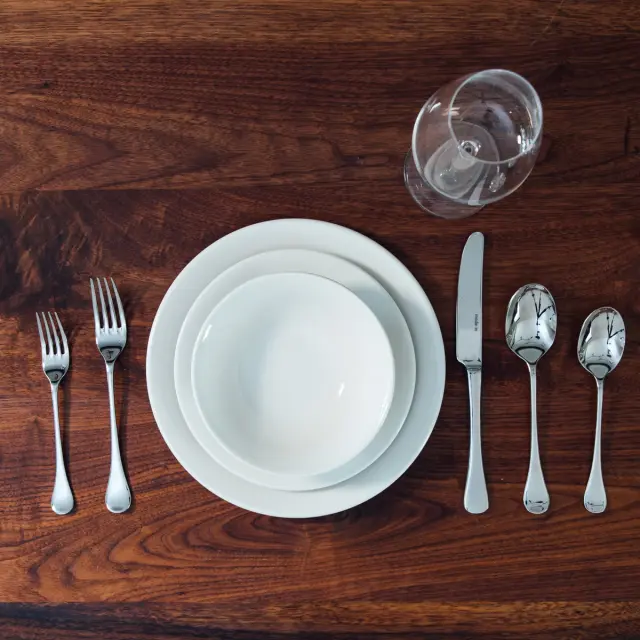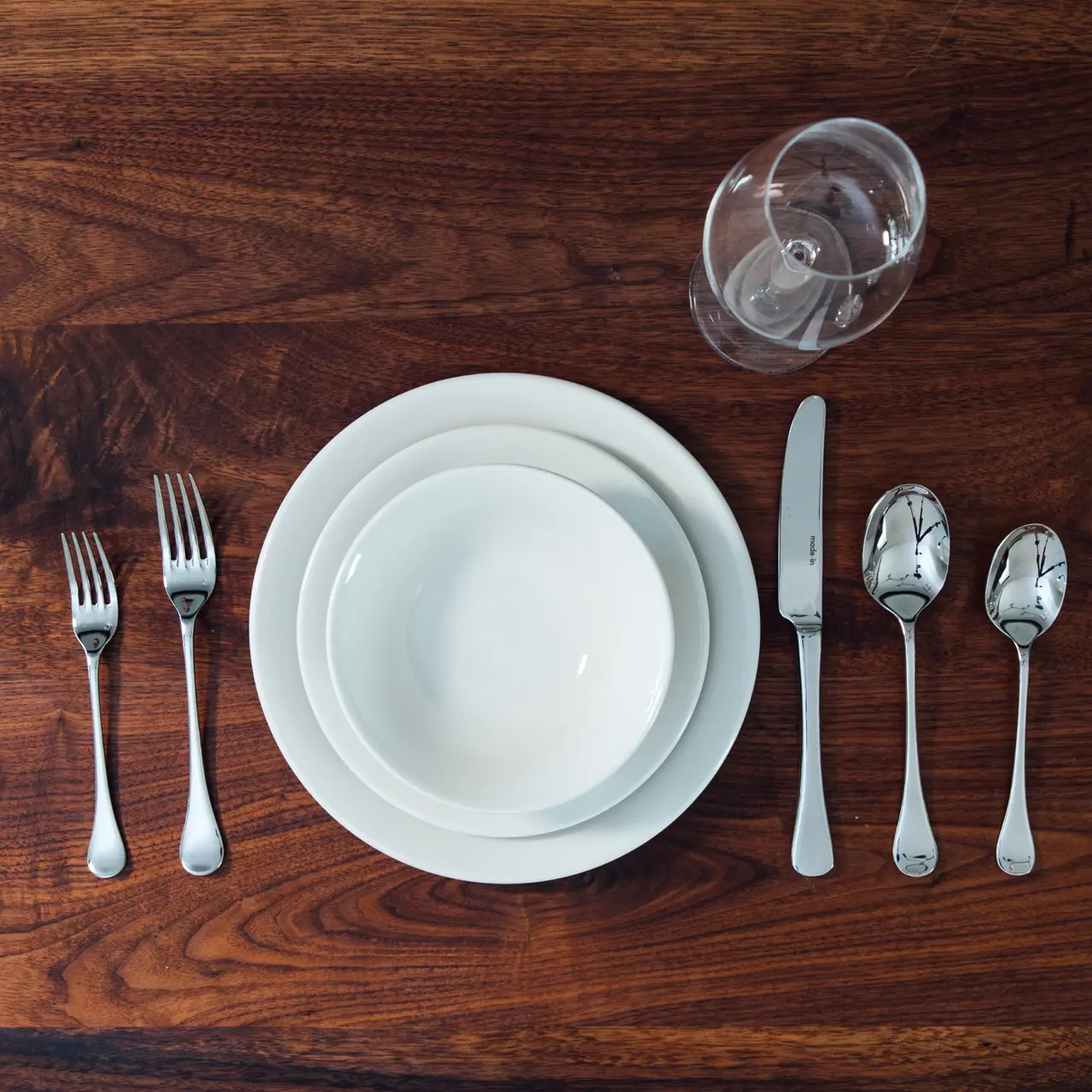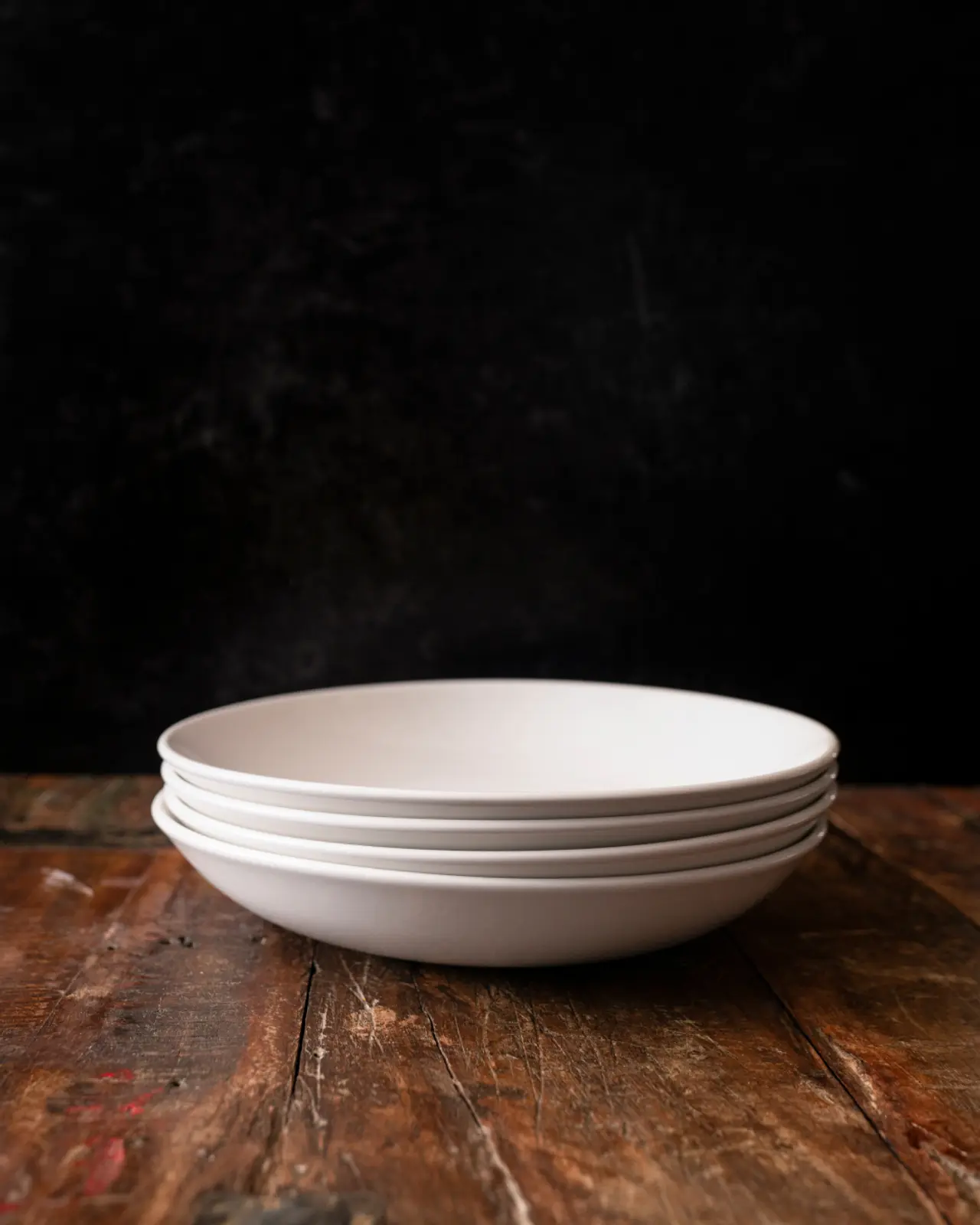The rise of hate crimes against Asian Americans has skyrocketed over the last year, but the racism that the AAPI community faces is not new. We sat down with activist and restauranteur C.K. Chin for a frank discussion of this movement and how we can rise to support.
To follow C.K. and keep up to date on what he's doing and his restaurants, follow him on Twitter, Instagram, and his two restaurants, Wu Chow and Swift's Attic.
Can you start off by introducing yourself to the Made In community?
Ironically, this might be the most difficult question on this list. My name is C.K. and I own restaurants in Austin, TX. If you’d like to know more, let’s grab a coffee.
How do you want people to approach this topic?
Like any other controversial topic, my advice is to always lead with an open mind and start by listening. Come prepared to learn and do everything you can to avoid confirmation bias. Educate yourself on the subject before you form your conclusions rather than search for data that supports your opinions. Particularly if you’re not part of the community, it’s paramount that you spend a little time doing the work of filling in the gaps in your experience and your knowledge.
First off, how are you?
In a word. I’m “grateful.” We’ve all gone through a lot. Many of us are still going through it. Without focusing on the specific challenges that we’ve had to face, I’m thankful to still be around to face them.
Personally / professionally how has this impacted you? How are you processing and internalizing the conversation around Asian and Asian American hate this week?
Personally, this is obviously heartbreaking. When I see a video of an elderly Asian woman attacked, I see my grandmother [whom I named my restaurant after] in her. When I read that Asians are being increasingly targeted in violent attacks, how can I not immediately be concerned for the safety of my family, or myself? Representation works both positively and negatively. When you see someone in your community succeed, it makes you believe that it’s possible for you, conversely when you see members of your community targeted by violence or isolated by discrimination, you start to think about when it might happen to you. It makes it all the more real.
Professionally, I have been processing this since the beginning of the pandemic. Wu Chow being both a Chinese restaurant and a Chinese-owned business, I was immediately concerned whether or not negative Asian sentiment would further damage an already devastated business from the pandemic, not to mention fear of vandalism or retaliation. The truly sad part is that there isn’t much new processing. While this is tragic and awful, this certainly isn’t new. The sad truth in many marginalized communities is that in a way, we’ve come to expect this reaction and each time something like this surfaces it further perpetuates the need for that concern.
How do food and culinary fit into this conversation?
In my humble opinion, restaurants are ultimately about creating a connection through food. When you go eat at my restaurant, I am trying to share with you one of my favorite parts of my culture. Many people’s first exposure to a culture beyond their own is through their food. Oftentimes someone can enjoy the food of another culture without even realizing their own dissonance when they reject the people from those countries. When it comes to these conversations about this phenomenon, people frequently distance themselves as it often brings up feelings of discrimination or bigotry but truthfully, finding it hard to relate until you can make a connection is very logical. I personally feel that restaurants can help make that connection. Find a cuisine that you enjoy and use it to learn about the culture behind it. Let food be your gateway to a deep dive into new cultures and use it as an opportunity to learn in a more profound manner about cultures that are not your own.
What is the most impactful thing people can do today to help support the Asian community?
I’m not sure that I am in the position to determine if any one thing is more impactful than the next. Everyone comes to the table with something different to offer and often from vastly different perspectives. While it is important for us to look at this issue with a sense of urgency, the root of the matter is how much are we willing to accept in a society that we all share in. The question I’m constantly posing to people who choose to dismiss these social justice issues or deflect to statistics to better serve their confirmation bias is this: “Fine, you tell me then how many deaths does it take for this to become an issue for you and then I will reach out to you to help. How many people must cry out in pain before it crosses over from their problem to becoming our problem?” This question is ultimately rhetorical, I can’t answer that for anyone and no study or testimony can convince anyone who isn’t ready to listen. Bottom line is this, a little is more than nothing. Everyone’s arms are a different length but if we all reached out, eventually we’d all connect. Once we connect, a lot of change can happen.
How can our audience educate themselves and support in a meaningful way, both now while this conversation is in the headlines and always as we look to better integrate and support AAPI communities?
When issues like this arise and start to make headlines, this might be the best time to get involved. For better or worse, social media is certainly flooded with information, which, to be fair, might need its own share of vetting, but it’s a good place to start. Look to resources that cite their sources and show consistency in message (avoid memes.) Seek out those that you may already look up to as leaders of our community but don’t ignore the advocates that have been constantly working to inform. But perhaps the most meaningful way to support the cause is for you to start working on yourself to make this mean something to you and then see where that meaning and your resources intersect. You might not be able to donate money but you can share information. You might not choose to join a rally but perhaps you can still stand in solidarity. This isn’t a problem for just our community, violence against Asian Americans, is violence against Americans. The first Chinese restaurant in America was built in 1849 in San Francisco. Asian cuisine is woven so tightly into the fabric of America we shouldn’t ever speak of it without realizing it is every bit as American as any other cuisine. When we can start to look at the issues that have been plaguing minority, immigrant, and marginalized communities as issues facing all of us and not just them then maybe we can work on finding a solution. I have a marquee in my office that I used to change regularly but has recently remained the same during these trying times: “Try your best, then do more.” It’s about all we can do.
Two good resources C.K. suggests:
